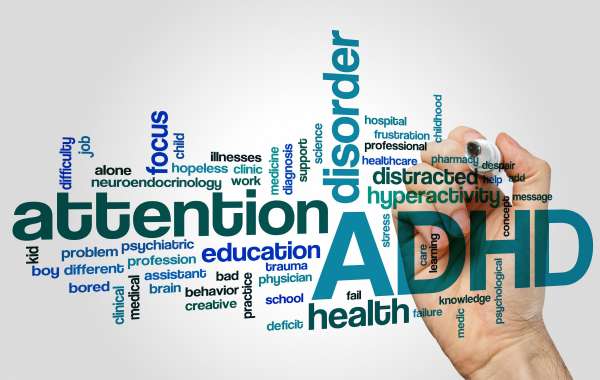Attention Deficit Hyperactivity Disorder (ADHD) affects a significant number of college students, impacting their academic performance and overall college experience. ADHD is characterized by symptoms of inattention, hyperactivity, and impulsivity, which can present unique challenges in a college setting. However, with the right strategies and supports, students with ADHD can achieve academic success and thrive in their higher education journey.
Understanding ADHD in College
ADHD manifests in various ways, including difficulties with focus, organization, time management, and impulse control. In the college environment, where students are expected to be self-directed and manage multiple responsibilities independently, these symptoms can become more pronounced. The transition from high school to college often exacerbates these challenges, as students encounter a less structured environment and increased academic demands.
1. Time Management and Organization
Effective time management is crucial for students with ADHD disorder. Creating a structured schedule can help in managing academic tasks and personal responsibilities. Students should consider the following strategies:
Use a Planner:
Digital planners or physical planners can be invaluable. Regularly updating and reviewing the planner helps in keeping track of deadlines, assignments, and exams. Setting reminders and alarms can also aid in managing time effectively.
Break Tasks into Smaller Steps:
Large assignments can be overwhelming. Breaking them into smaller, manageable tasks and setting specific deadlines for each step can make them less daunting. This approach helps in maintaining focus and reducing procrastination.
Establish Routines:
Consistent daily routines can create a sense of predictability and reduce cognitive load. Establishing regular study times, meal times, and sleep schedules contributes to a more organized and manageable lifestyle.
2. Study Techniques and Environment
Creating an optimal study environment and using effective study techniques can significantly enhance academic performance:
Designate a Study Space:
A dedicated study area that is free from distractions is essential. This space should be organized and equipped with all necessary materials. Some students find that varying their study locations can help in maintaining focus.
Use Active Learning Techniques:
Active learning strategies, such as summarizing information, teaching concepts to others, and using mnemonic devices, can improve retention and understanding. Interactive study methods often hold attention better than passive reading or note-taking.
Incorporate Breaks:
The Pomodoro Technique, which involves studying for 25 minutes followed by a 5-minute break, can help maintain concentration and reduce mental fatigue. Longer breaks after a few cycles of study can also be beneficial.
3. Leveraging Campus Resources
Colleges often provide resources and accommodations to support students with ADHD:
Disability Services:
Many institutions have disability services that can provide accommodations such as extended test-taking time, note-taking assistance, and priority registration. Students should connect with these services to understand their options and apply for necessary accommodations.
Academic Advising:
Academic advisors can help with course selection, planning, and managing academic workload. They can also provide strategies for balancing academic and personal responsibilities.
Counseling and Support Groups:
Counseling services and ADHD support groups can offer emotional support, coping strategies, and practical advice. Engaging with these resources can help in managing stress and developing effective strategies for academic success.
4. Self-Care and Well-Being
Maintaining overall well-being is essential for academic success:
Prioritize Sleep and Nutrition:
Adequate sleep and a balanced diet are crucial for cognitive function and overall health. Establishing a regular sleep schedule and eating nutritious meals can positively impact focus and energy levels.
Exercise Regularly:
Physical activity has been shown to improve concentration, mood, and overall cognitive function. Incorporating regular exercise into the daily routine can contribute to better academic performance.
Manage Stress:
Stress management techniques, such as mindfulness, meditation, or yoga, can help in reducing anxiety and improving focus. Finding healthy ways to cope with stress is essential for maintaining academic performance and overall well-being.
5. Seek Support from Professors
Building positive relationships with professors can be beneficial:
Communicate Early:
Informing professors about ADHD and discussing any specific needs or accommodations can foster understanding and support. Professors may offer flexibility and additional assistance when they are aware of the challenges faced.
Utilize Office Hours:
Regularly attending office hours can provide additional support and clarification on course material. It also offers an opportunity to build rapport with professors and seek guidance on academic issues.
Conclusion
ADHD presents unique challenges for college students, but with effective strategies and supports, students can navigate these challenges and achieve academic success. By implementing time management techniques, utilizing campus resources, prioritizing self-care, and seeking support from professors, students with ADHD can enhance their academic performance and make the most of their college experience. Success in college is not solely determined by inherent abilities but by the strategies and supports that students use to overcome obstacles and achieve their goals.




